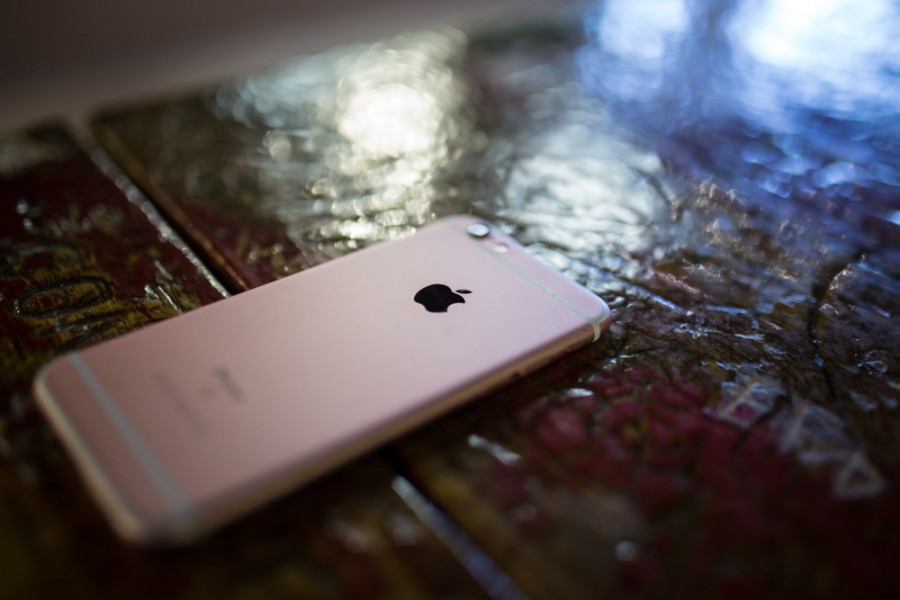Google has entered the social media arena with the debut of Google Buzz, but the way the platform works has raised privacy concerns.
As a hybrid integration of status updates, comments, photos, videos and social media sites like Twitter, Google Buzz became available to Gmail users on Feb. 9.
However, the Electronic Privacy Information Center has asked the Federal Trade Commission to ensure Google allows users more control of what personal information is released, since users’ personal e-mail addresses can be leaked over a public wave.
In a complaint filed with the FTC, a statement released by EPIC said Google Buzz “violated user privacy expectations, diminished user privacy, contradicted Google’s own privacy policy, and may have also violated federal wiretap laws.”
The first lawsuit against Buzz has already been filed. An Israeli woman, Amal Jaraisy, is seeking 5.5 billion Israeli shekels in a class action suit against Google on grounds of privacy invasion, according to the Israeli newspaper Haaretz.
Eric Benderoff, a former Chicago Tribune technology columnist who now runs BendableMedia.com, said anyone posting media online should realize they are exposing themselves to information theft.
“You’ve got no privacy online, and it’s an illusion if you think you do,” he said.
Once people give too much of themselves away, he said, hackers can use sophisticated technology to infiltrate computers and evade firewalls.
He said Google already searches its users’ e-mails, and information and keywords within Buzz can be captured by hackers.
There are also concerns about tracking users’ locations. John Dagys, sports car racing reporter for SPEEDTV.com, said Google’s official blog indicated when Google Buzz users bring the GPS service up on smartphones, it immediately shows their location.
“If suddenly I got 500 followers on Google Buzz, I’m not sure how comfortable about letting people know where I am at all times,” he said.
Daradirek “Gee” Ekachai, an associate professor in the department of advertising and public relations, said she only linked her Twitter site to Buzz because of the concerns.
“I hope Google works to get kinks out soon,” she said.
Worldwide, Gmail represents one of the most widely used e-mail services. A December 2009 study by ComScore identified 176 million users worldwide.
Buzz could take off quickly. Social media tracking Web site Mashable has reported more than 16,000 Google Buzz followers just within the first week. Mashable’s Twitter page has more than 1.96 million followers since launching in 2007.
Some possible advantages to Google Buzz include consolidating all social media outlets into one and posting more than 140-character messages. But a downside is the question of whether or not society needs yet another such outlet.
Benderoff said this could capture the market of Gmail users who do not operate either accounts Facebook or Twitter.
Ekachai said she likes the consolidation idea, but doesn’t want to get overwhelmed with even more followers.
“For me to stay there long enough, I need to keep my Buzz network focused and small,” she said.
Dagys said getting in on Buzz in its infancy could be smart. His job requires posting multimedia in addition to writing, and he said Buzz could provide a more accessible platform to view his work than Twitter.
“We’re always taking pictures and shooting videos, and sharing it with each other on other mediums on the Internet, but Twitter wasn’t set up to be that user-friendly in that regard,” Dagys said.




